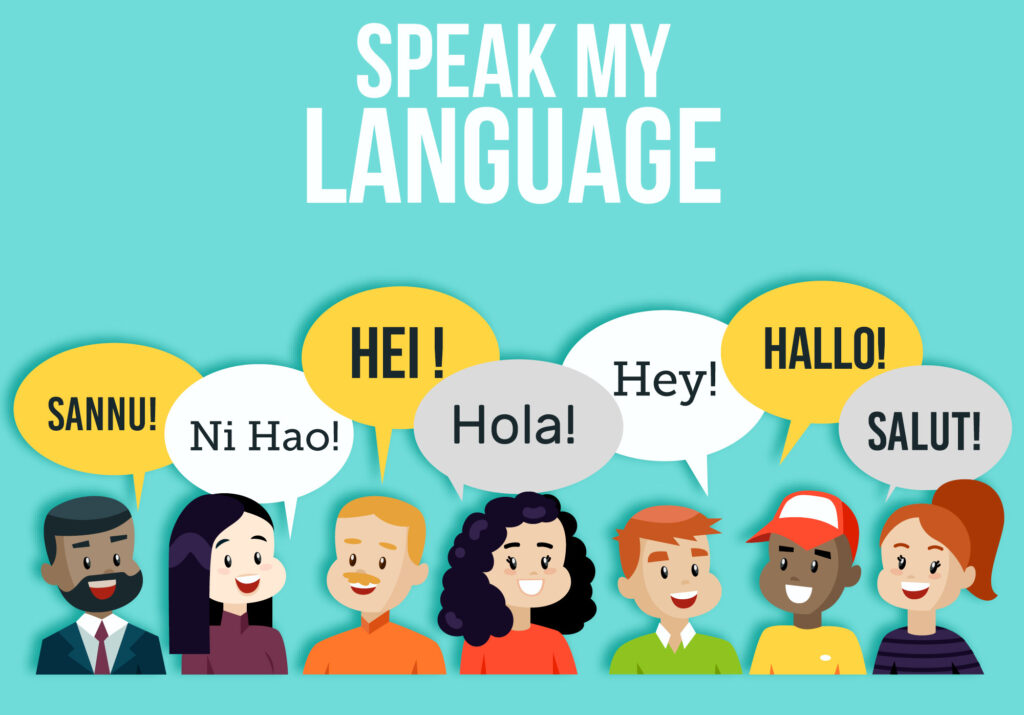Extended Comments: As I read through Brian's blog, he put in lots of great information and really touched upon the essential parts of the reading, as well as the video. Both share how people with disabilities face many challenges not only in their day-to-day life but in the classroom as well. I thought that was a great few words summarizations because that really is the hardest part. I like how the reading shared many stories because it really shows that there needs to be more done. With Ableism in schools, it is really difficult because everyone should have a fair and equal chance no matter what they deal with in their day-to-day life. It should not be hard for someone to get the help they need and should not have to try and prove to others. People should be open and willing. It is sad that there are so many difficulties for students and parents in getting help from schools. I also found the sections about The Education of the Deaf to stand out me. I think for me, it was because I believe all teachers should learn ASL because it is very beneficial. These students will feel more included and have a better educational journey if we had more resources for them. I agree with Brian when he talks about how, in the 19th-century oralism set back this movement and how that can relate to Delpit. It really is the culture of power and how being able-bodied makes someone basically have more power. The reading, really shows how the world just wants "cure" (great word used by brian) people with disabilities rather than add the resources and support they deserve, because everyone is fully capable of anything they put their mind to. While in the video, there was one story that was followed, which is about Sunaura Taylor. She shared her story and the effects of how she is treated by others. The part about asking for help stood out to me as well. It can be scary to ask for help, but it shouldn't be. There is a stigma around that, and there shouldn't be. We should all be getting the help we need and deserve. As the video went on, she tells us how she realizes asking for help is actually good. There will always be hard times in life, and having the strength to ask for help is the better path. It should not be looked down on at all. "Both point out that it is the people around them, and the thoughts and assumptions people have of people with disabilities that are the root to these problems and are what needs to be changed in order to solve this issue."
Points to share/ comments/ questions: Growing I saw my parents experience difficulties with getting help for my younger sister. My little sister was born with Spastic Cerebral Palsy and ADHD. Her ADHD went undiagnosed for a while because they were not listening and giving her the chance to get tested. The school only saw her physical disability. It was hard for her at a young age to go to school dealing with everything. She was a preschooler with a walker who had to get many surgeries. The school at first did not have any type of lift to help her with the few stairs, but thankfully that was fixed.
Hyperlink: https://www.rasmussen.edu/degrees/education/blog/what-is-ableism/






